Dear Editor,
I read with some interest Mr. Calhoun’s Letter to the Editor regarding your apparent English bias in some articles. Unfortunately he then chose to descend into a diatribe against the English (yes, I am one) which not only lost him any sympathy for his views from me but was also offensive to us Brits. He may be interested to know that we have also fought to our own last drop of blood on occasion and have stood firm over the years against ex-corporals, occasionally alone.
In his reference to our failure in winning any Continental war, I am not sure what point he is trying to make. Not being sure how far his history goes back, I would point out that the never-ending European wars over the centuries have always created alliances, be they based on succession, trade, religion, or straight-forward territorial desires. Marlborough did a fairly good job as a general across Europe with much success, but he was also part of an alliance, albeit the main player. The same would apply to Wellington, whose forces spent much time fighting to free the Spanish of French domination, but as part of an alliance for the most part, finishing at Waterloo. Perhaps we need to go back to Henry V and the like to rekindle memories of ruling France (or a large part at least) without any difficulty on beef exports.
To return to our history, Mr. Calhoun might wish to know that the English have a basic dislike of large standing armies as a result of Cromwell’s time and his major-generals. Armies far away on colonial duties were fine but England never maintained a large standing army at home and has rarely been in a position to dominate mainland Europe where large armies were common. We certainly created a large navy, lessons learned from your rebellion, but that was more acceptable than a large army and met our worldwide needs.
Perhaps Mr. Calhoun would like to make his point more clearly without descending into unnecessary insults.
Regards,
G.J. Roberts
Dear Editor,
I enjoyed the Hastings article in the February 2000 issue. Much of what we know about 1066 is based on Norman reporting used to justify the actions of William. Your author states on page 34, “Harold had no royal blood.” This may be part of the Norman “spin” on history combined with some of Harold’s ancestors not being in favor with their Royal Wessex relatives. According to Blood Royalty by T. Anna Leese published in 1996, Harold was descended from the Kings of Wessex. If true, he would at least have “a drop” of royal blood. In addition, his mother’s line is well accepted as descending from Scandinavian royalty. Her great grandfather was King of Denmark and Norway. In addition, the Journal of Ancient and Medieval Studies V on page 35 contains an 11 page explanation of Harold’s descent from the royal house of Wessex. Norman propaganda aside, it would appear Harold had substantial “royal blood,” at least as much as William.
Another quick comment relating to the last sentence of the article. According to my study, William did not gain the title “The Conqueror” on October 14, 1066. At that point, many Saxon nobles, merchants and common people thought they were merely changing kings again. It was not until William ravaged the countryside that he was called The Conqueror.
Sincerely,
Joseph S. Northrop
Huntington, IN
Dear Editor,
I am a subscriber and thoroughly enjoy every issue and all of the articles. I think you have a great publication and offer a wide variety of informative articles.
I spent twenty-three years in the Air Force, primarily in fighter-type maintenance. I also came in contact with several other varieties of aircraft from time to time. One such bird was the AC-130 (several variants including the H Model). This happened to be at Ubon Royal Thai Air Force Base. Mr. Sanders placed this “beehive of activity” in Laos. Close but no cigar!! This particular base acquired quite a rep during our sea involvement.
Other than that error, the article was great and brought back memories.
Again, thanks for the great publication and I will eagerly await the next issue(s).
Sincerely,
R.W. Bordick
Minot, ND
Dear Mr. Stoddard,
Your publication continues to be impressive. The February 2000 issue was no exception. However, I would like to comment on Frederick Grant’s article concerning the Battle of Hastings.
Mr. Grant states that Harold Godwinson “did not have a drop of royal blood.” This does not appear to have been the case. Harold’s paternal grandfather, Wulfnuth, may have been a direct descendant of King Athelred I of Wessex.
Regardless of Harold’s paternal ancestry, his maternal ancestors had several drops of royal blood. Harold’s mother, Gytha, was the daughter of Thorgils Sprakaleg. Thorgils Aprakaleg’s grandfathers were King Olaf of Sweden and King Harold III Blaatand (Bluetooth) of Denmark.
I look forward to future issues of Military Heritage.
Sincerely,
Scott Collum
Ipswich, MA
Dear Sir,
In the editorial for December 1999, Mr. Stoddard erred in announcing that this would be “our last issue of the 20th century” unless Military Heritage plans to cease publication during 2000.
Richard W. Saiser
Albuquerque, NM
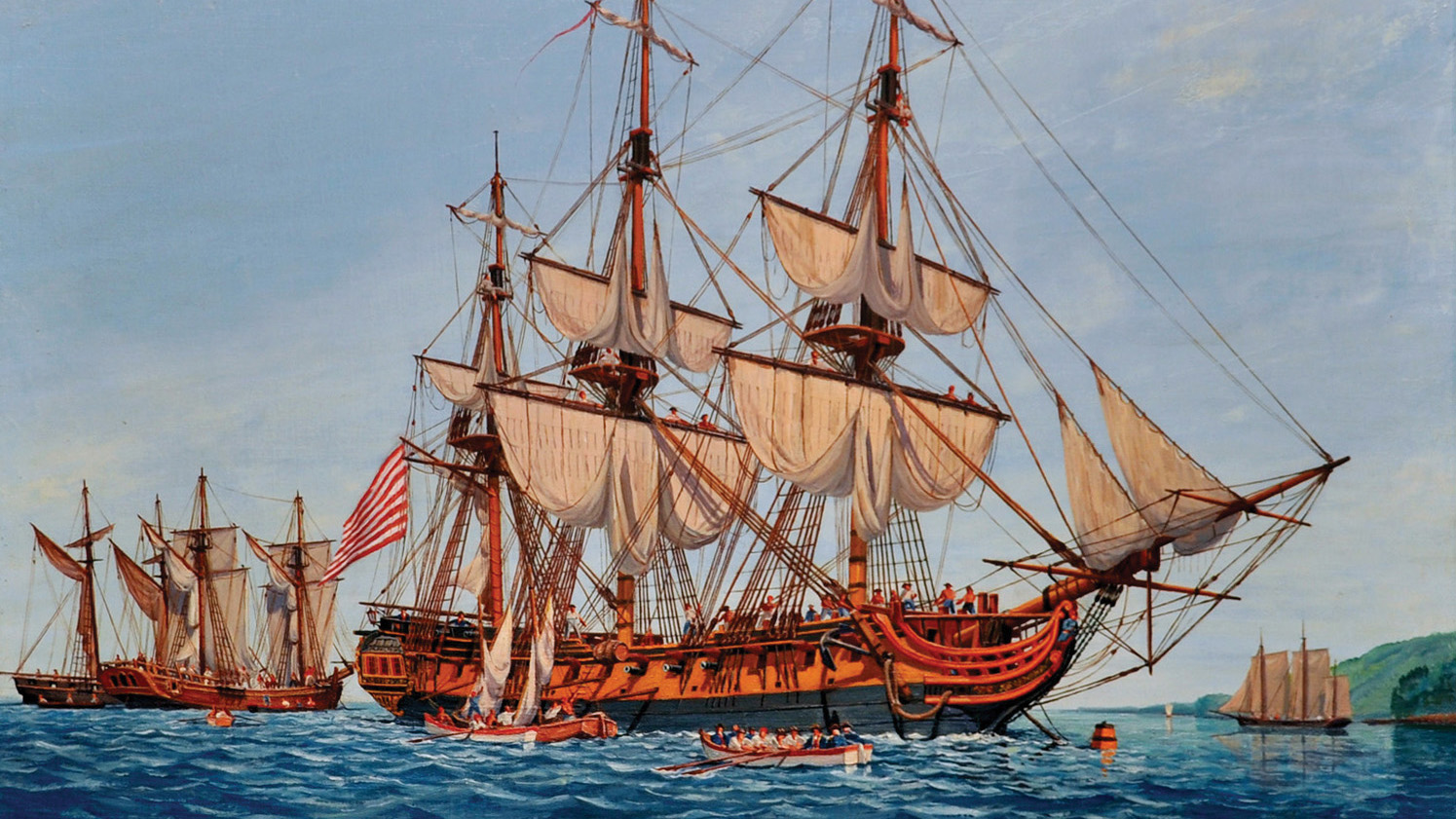

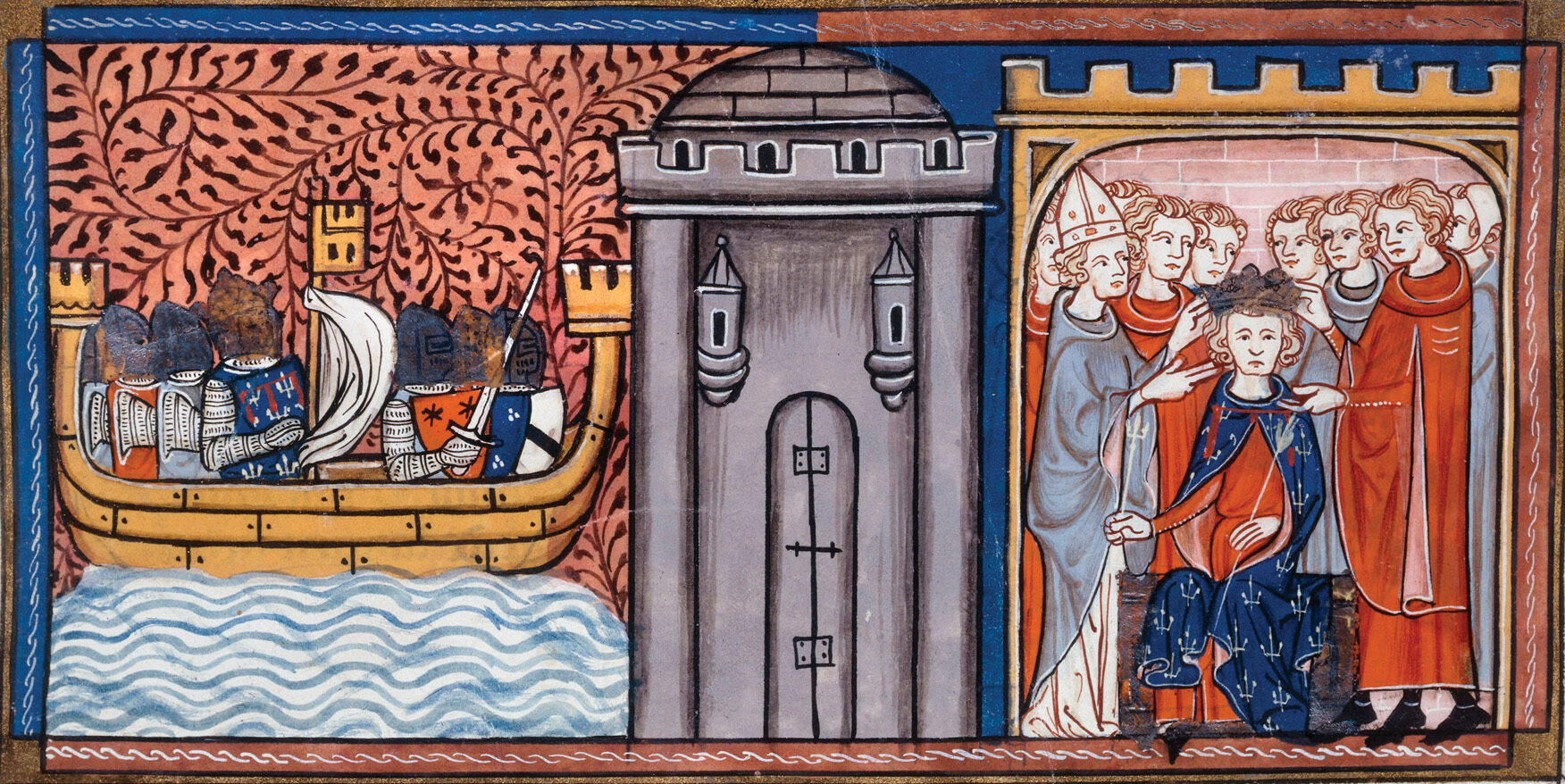

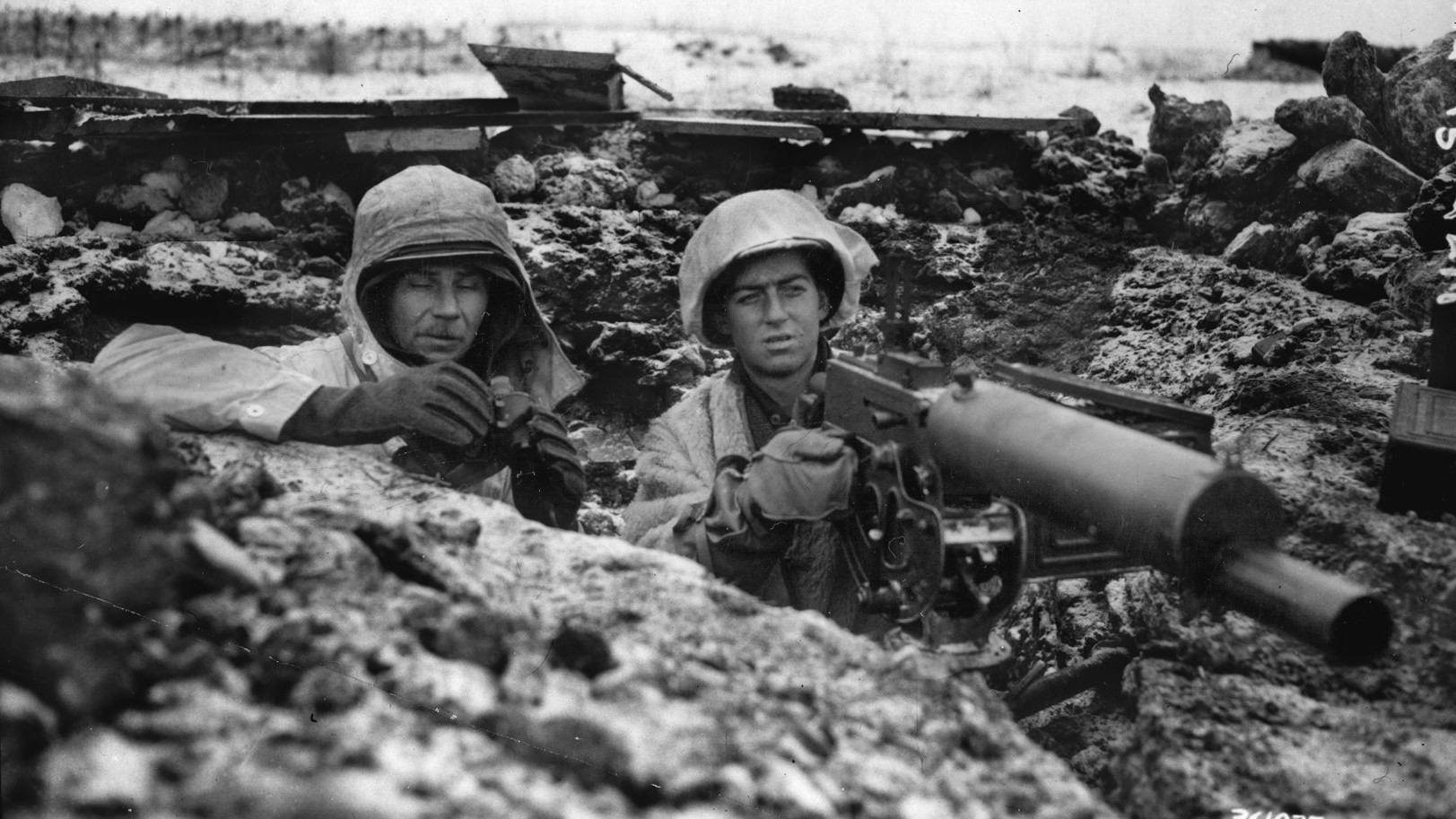
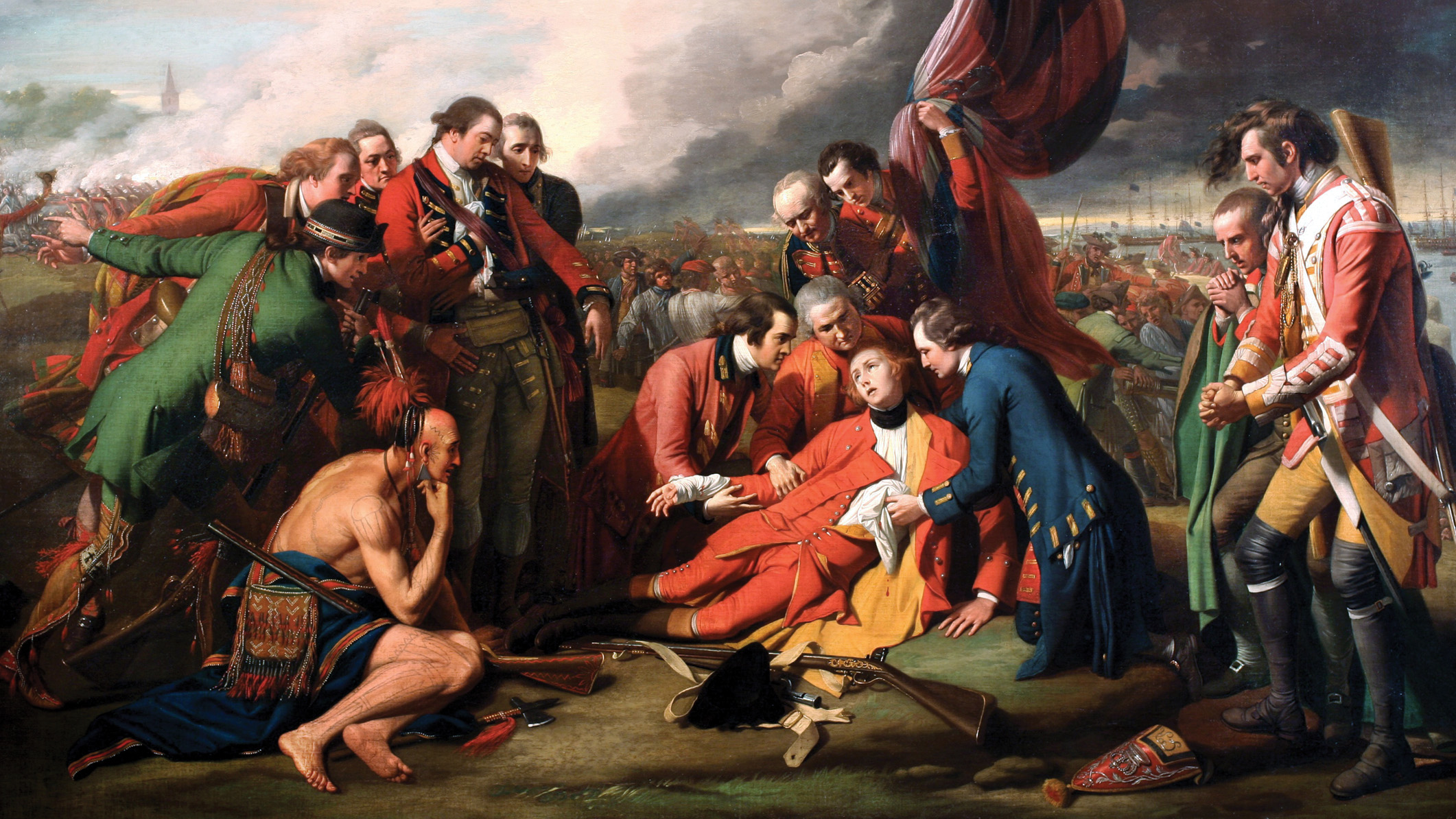
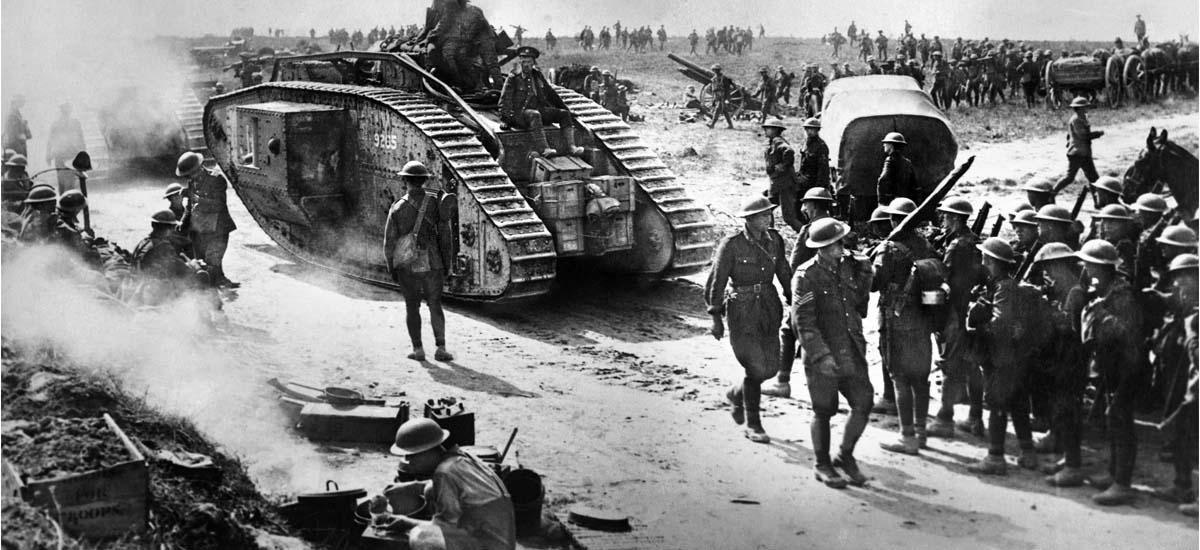
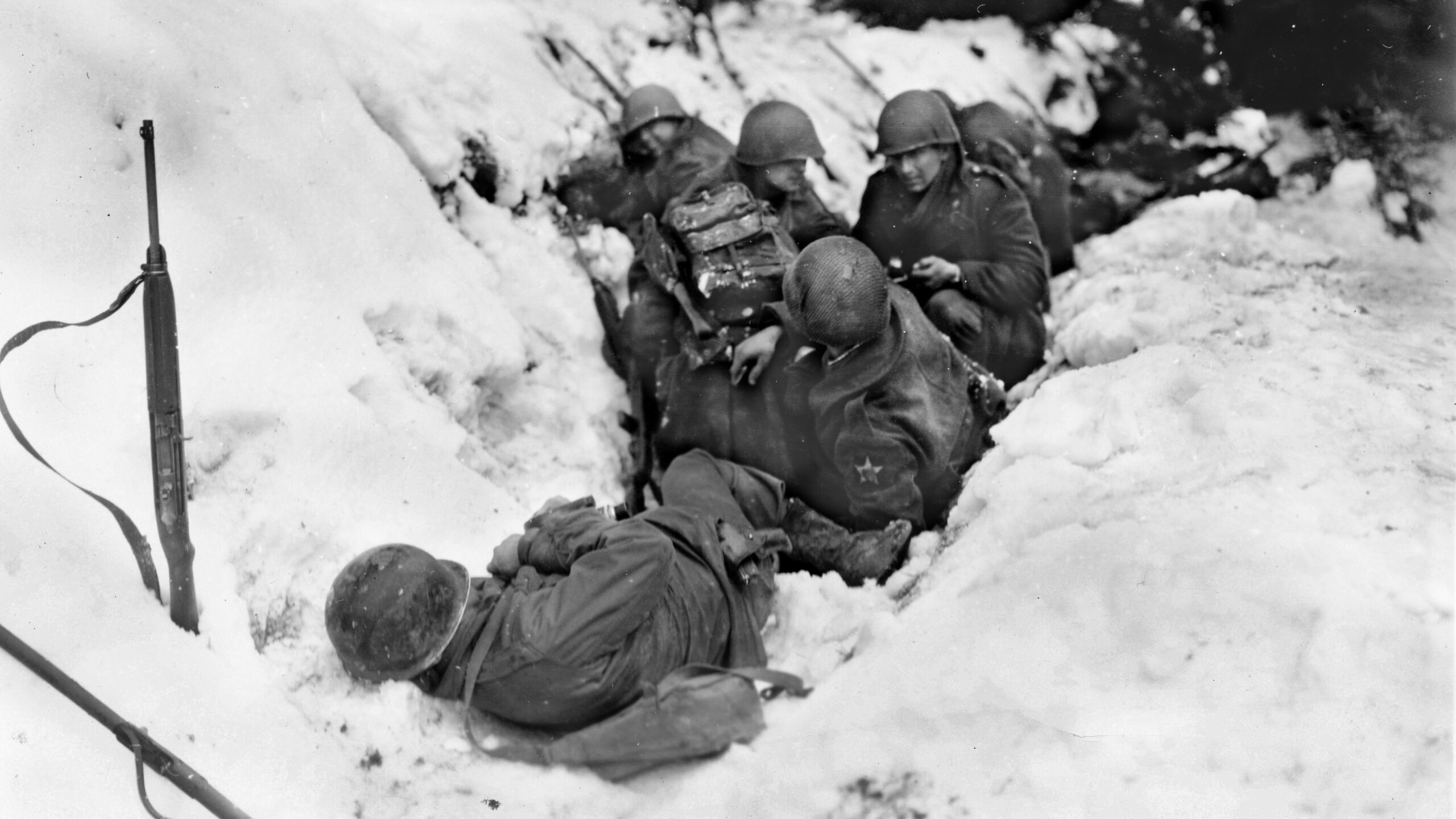
Join The Conversation
Comments
View All Comments